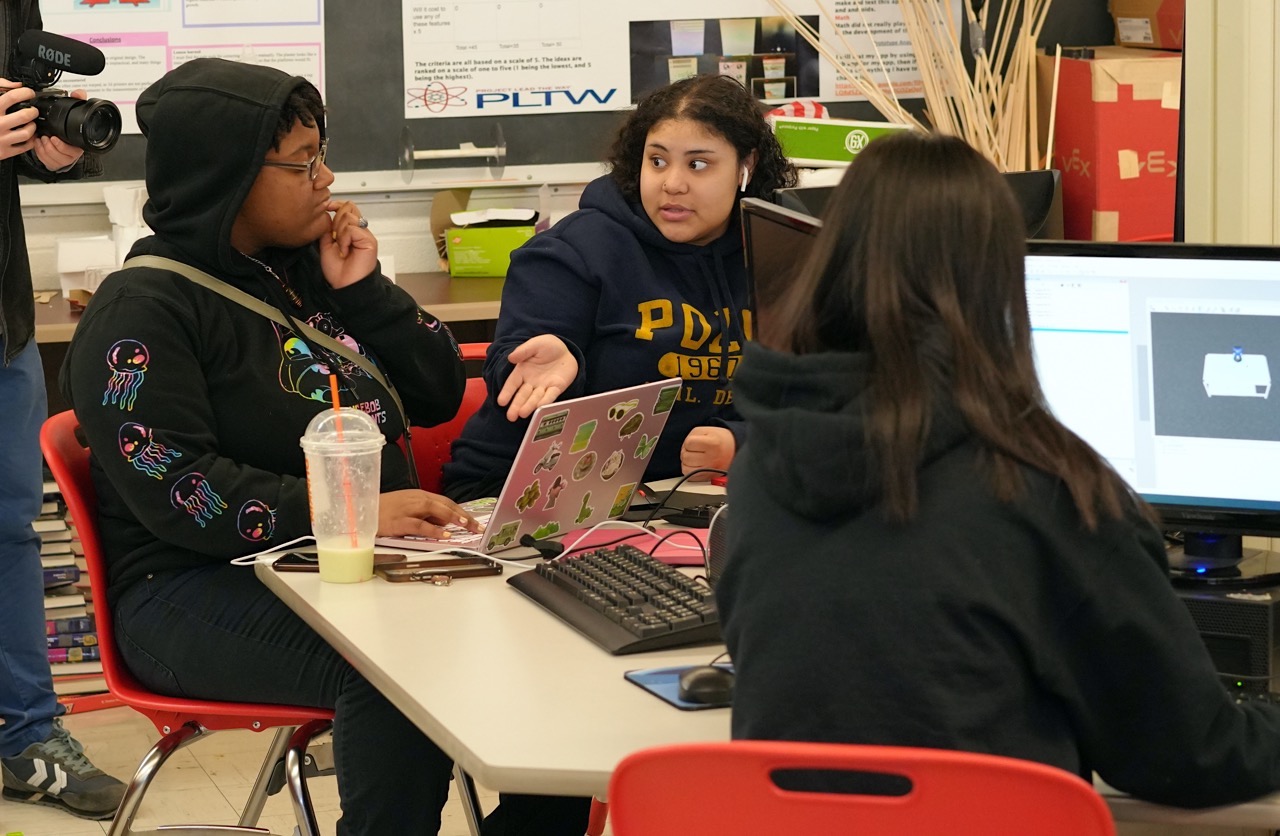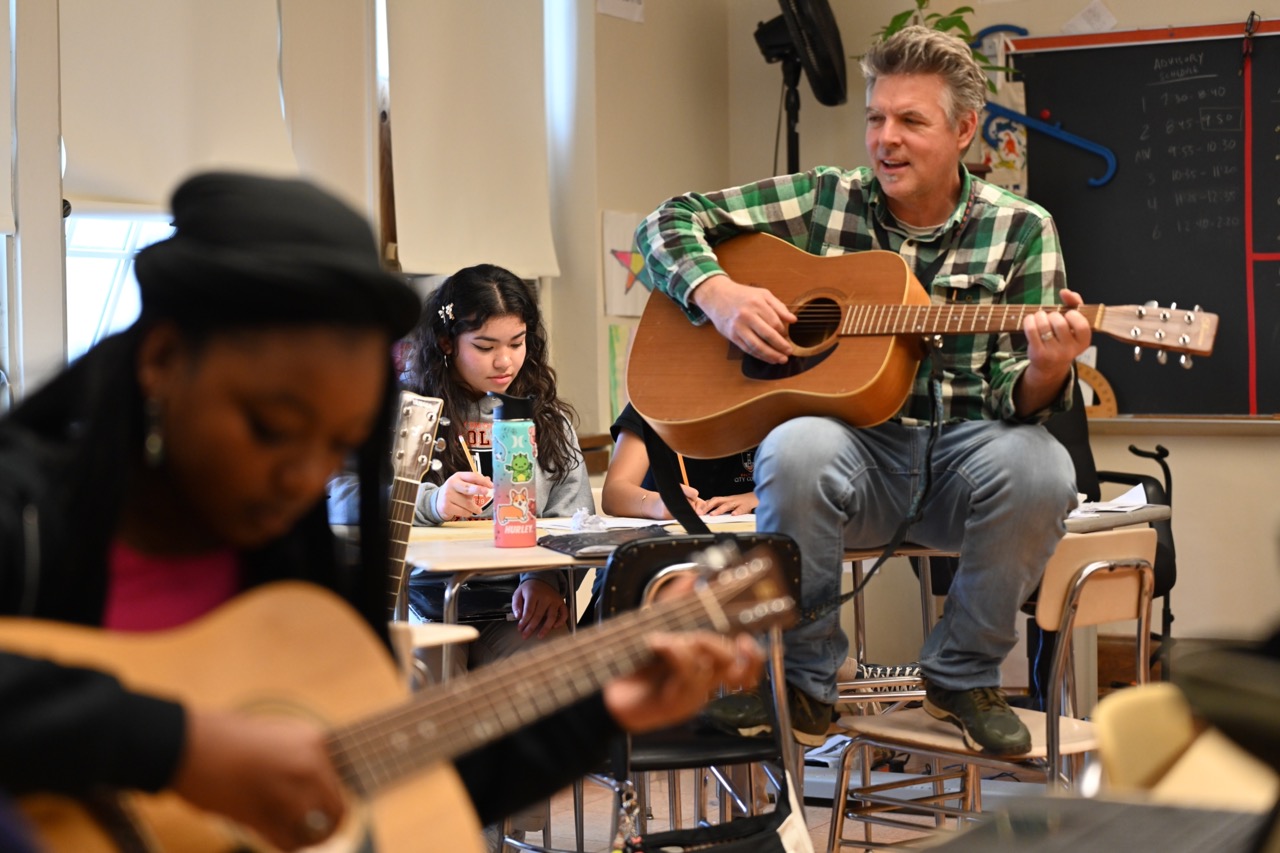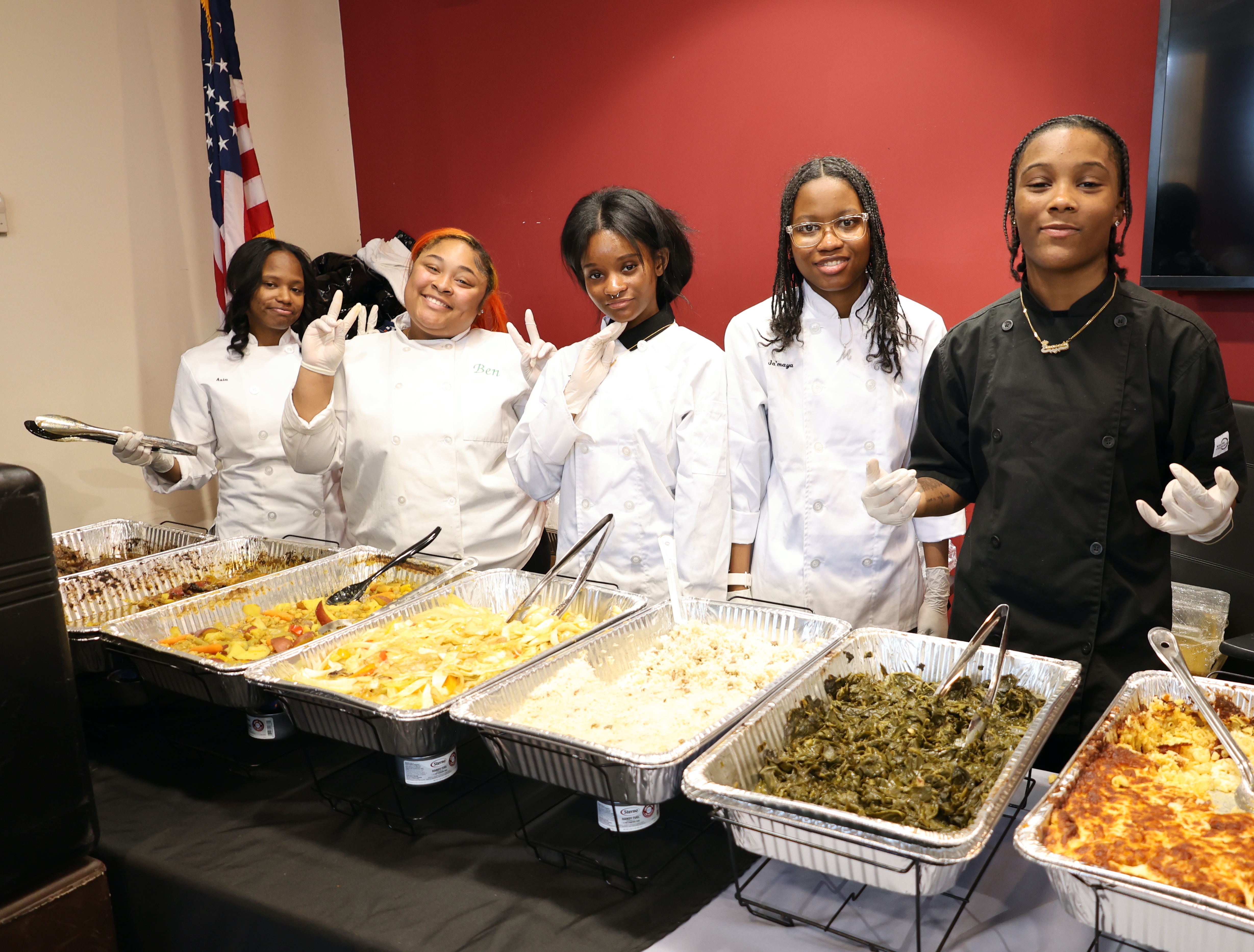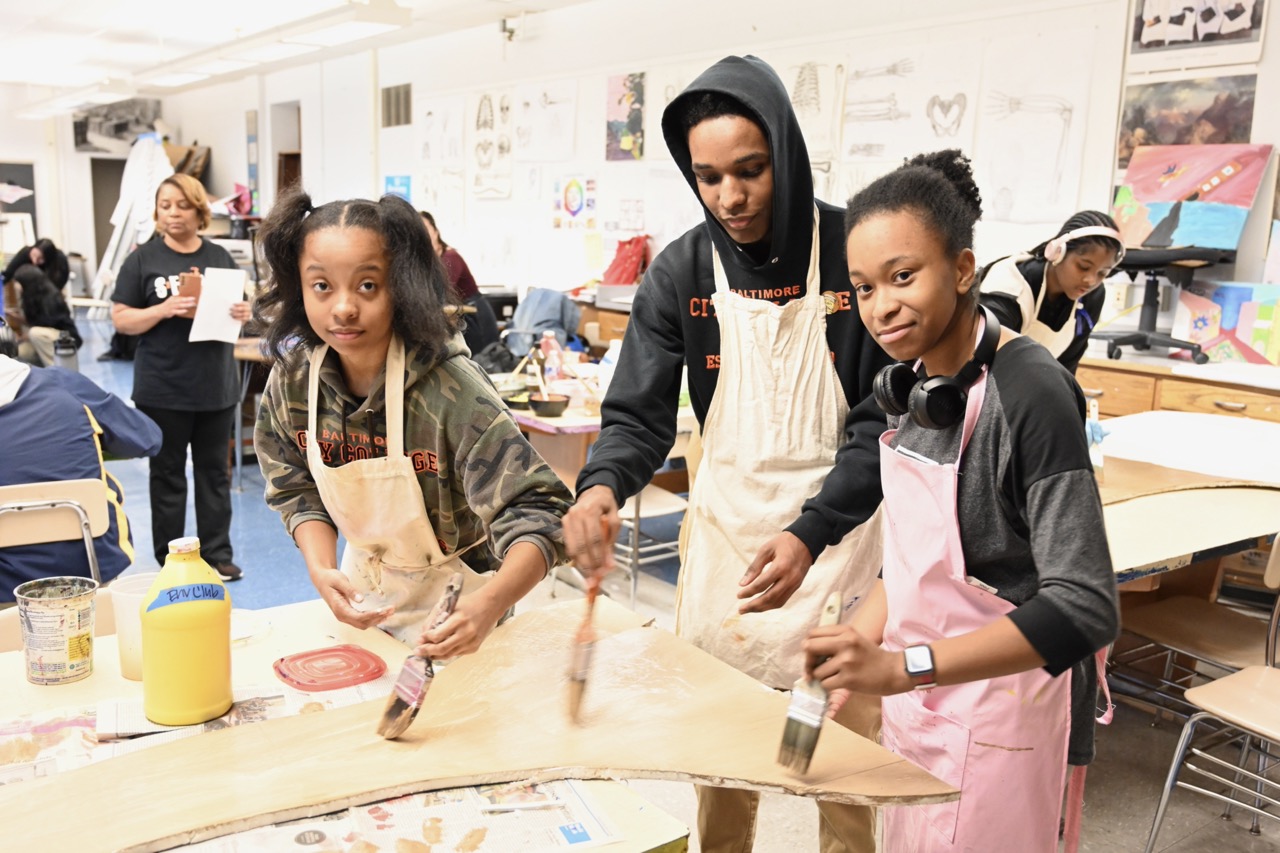
Every Student Deserves a Mentor!
Become a Mentor Today
Why Mentor?
One in three young people are growing up without a mentor – constituting America’s ‘mentoring gap.’ In recent years, the gap has continued to grow, and young people under the age of 24 are still in need of and want more mentoring support than they are currently receiving. In fact, almost 70% of today’s young people could remember a time when they wanted a mentor for support but didn’t have one. This is the mentoring gap in the United States.
- MENTOR
Mentoring impact (2023) www.mentoring.org/mentoring-impact
Characteristics of a Mentor
(Numbers in parenthesis) denote a citation, which are detailed in the footnote section below.
Patience and Understanding: Mentoring young people requires a significant amount of patience, as they may be going through difficult developmental stages or facing unique challenges. A mentor should be understanding, empathetic, and willing to listen without judgment. (1)
Genuine Care and Concern: Effective mentors genuinely care about the well-being and success of their mentees. They should demonstrate a sincere interest in the youth's goals and personal growth. (2)
Strong Communication Skills: Mentors need to be able to communicate effectively, both by actively listening and by providing clear, constructive feedback and guidance. (1)
Positive Role Model: Mentors should strive to be positive role models, demonstrating integrity, responsibility, and healthy behaviors that the youth can aspire to. (3)
Dedication and Commitment: Mentoring requires a long-term commitment. Mentors should be willing to invest time and energy into building meaningful relationships with their mentees. We ask that all mentors be willing and able to volunteer for at least one full school year. (4)
Adaptability and Flexibility: Each young person is unique, with their own needs, strengths, and challenges. Effective mentors are able to adjust their approach to best support the individual mentee. (5)
Boundary Setting: Mentors should be able to establish and maintain appropriate boundaries in the mentoring relationship, ensuring it remains professional and focused on the mentee's development. (5)
Cultural Humility: Mentors should strive to understand and be respectful of the diverse backgrounds and cultural identities of their mentees. (5)
Resourcefulness: Mentors should be able to connect mentees with additional support, resources, and opportunities that can further their growth and success. (5)
Continuous Learning: Effective mentors continually learn and improve their mentoring practice, participate in ongoing training opportunities, and receive feedback to enhance their skills. (5)
Footnotes:
(1) Effective Strategies for Providing Quality Youth Mentoring in Schools and Communities, 2007
(2) The Role of Care in Youth Mentoring" by Jean Rhodes and David DuBois in The Journal of Community Psychology, 2008
(3) The Mentoring Effect, 2019
(4) Investigating Mentor Commitment In Youth Mentoring Relationships: The Role of Perceived Program Practices, 2020
(5) Elements of Effective Practice for Mentoring, 2015
Mentoring Opportunities
The Volunteer Mentor Process
Register for the Partners in Education PIE Portal and Select Mentoring as an interest
Complete the Volunteer Mentor Application in The PIE Portal
Be Fingerprinted and pass the background check
Complete Volunteer Mentor Training
Be matched with the right fit opportunity
Pick up your Volunteer Badge.
Engage in ongoing coaching and training
Make a positive impact on the lives of your mentees
For more information and to learn about additional mentoring opportunities, contact the Mentoring and Adult Relationships(MAR) Team at mentoring@bcps.k12.md.us.
Frequently Asked Questions:




